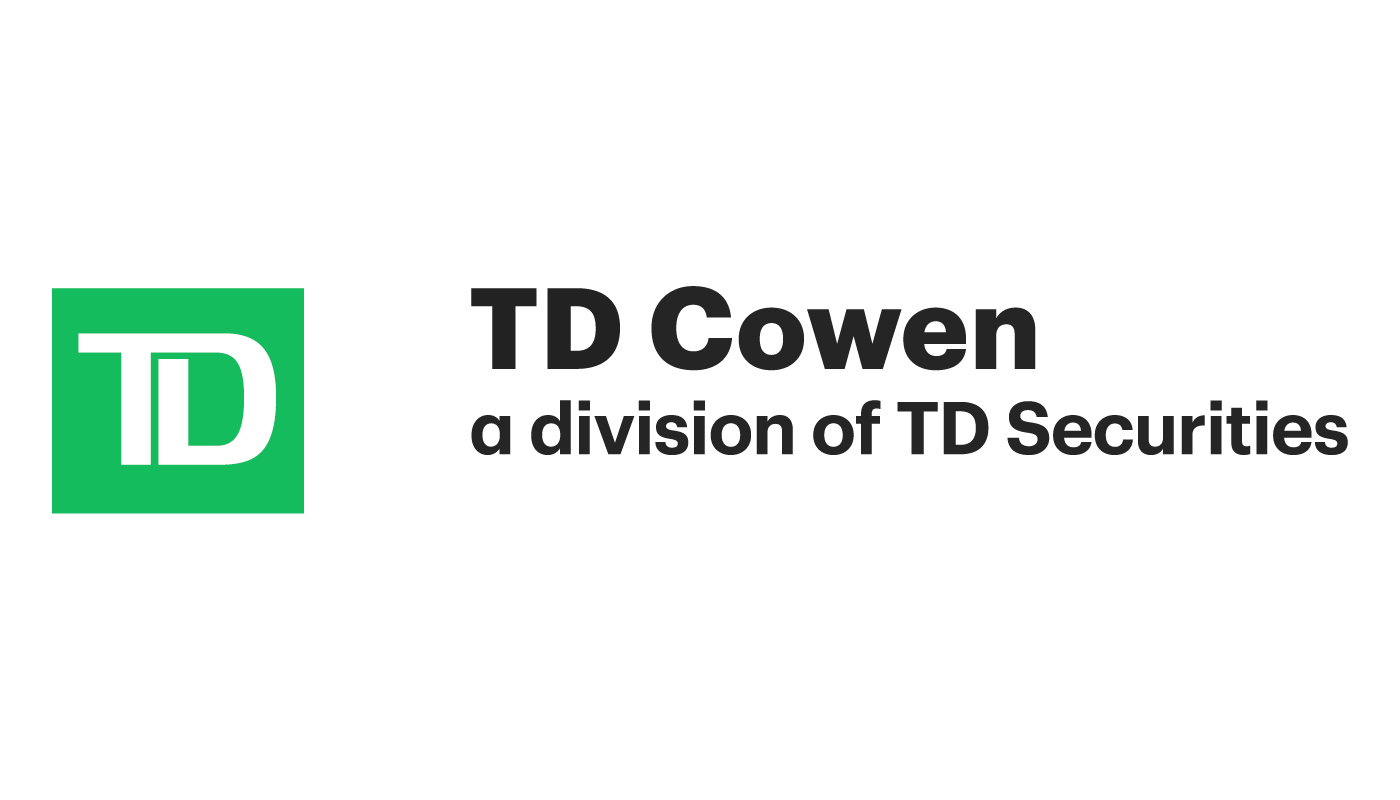Credit to industry continued to register a strong pick-up, with total loans accelerating to 13.1%, while personal loans expanded at 19.7% in November, largely driven by housing and vehicle loans.
Within industrial credit, loans to large industries rose by 10.5% as against a contraction of 0.6% a year ago. Medium industries recorded credit growth of 29.7% in November, compared with 37.4% last year. Credit to micro and small industries rose by 19.6% versus 15.3% a year ago. During November 2021, total credit to industries had grown by a paltry 3.4%.
“We are seeing credit growth at several year high levels of 18% and it is broad-based across several sectors – retail, industry, services, etc,” said Suresh Ganapathy, associate director, Macquarie Capital.
“The current loan growth also is a function of base effect. For nearly two years during Covid, loan growth was at 6% on an average whereas deposit growth was at 11%. So, next year the base effect should normalise and already economists expect GDP expansion to slow and, hence, we can see credit growth coming down to 14-15% and deposit growth inching up to 11%.”
Over the last couple of years, or from March 2020, credit off-take has mostly overcome the Covid-induced lag and has grown by around 25.2% to almost catch up with deposit growth of 27.3% over the same period, a study by CARE Ratings showed.
Central bank data also showed that credit to agriculture and allied activities rose 13.8% in November 2022, as compared with 10.9%.
Credit to the services sector also registered a growth of 21.3% versus 3.2% a year ago, primarily due to the improved credit off-take to non-bank financing companies, commercial real estate and trade sectors.
“Credit growth has been on an uptrend, with wholesale and retail contributing,” said Sanjay Agarwal, senior director, CARE Ratings. “Credit outstanding of the industry segment has grown due to inflation-induced higher working capital demand. Corporate borrowings indicate increased bank funding as bond yields have prompted companies to optimise their borrowing cost. Despite a significant increase in lending rates of banks, the headline rates continue to be attractive compared to yields charged in the capital markets.”
Interest rates have climbed 225 basis points since early May.
One basis point is 0.01%.







































